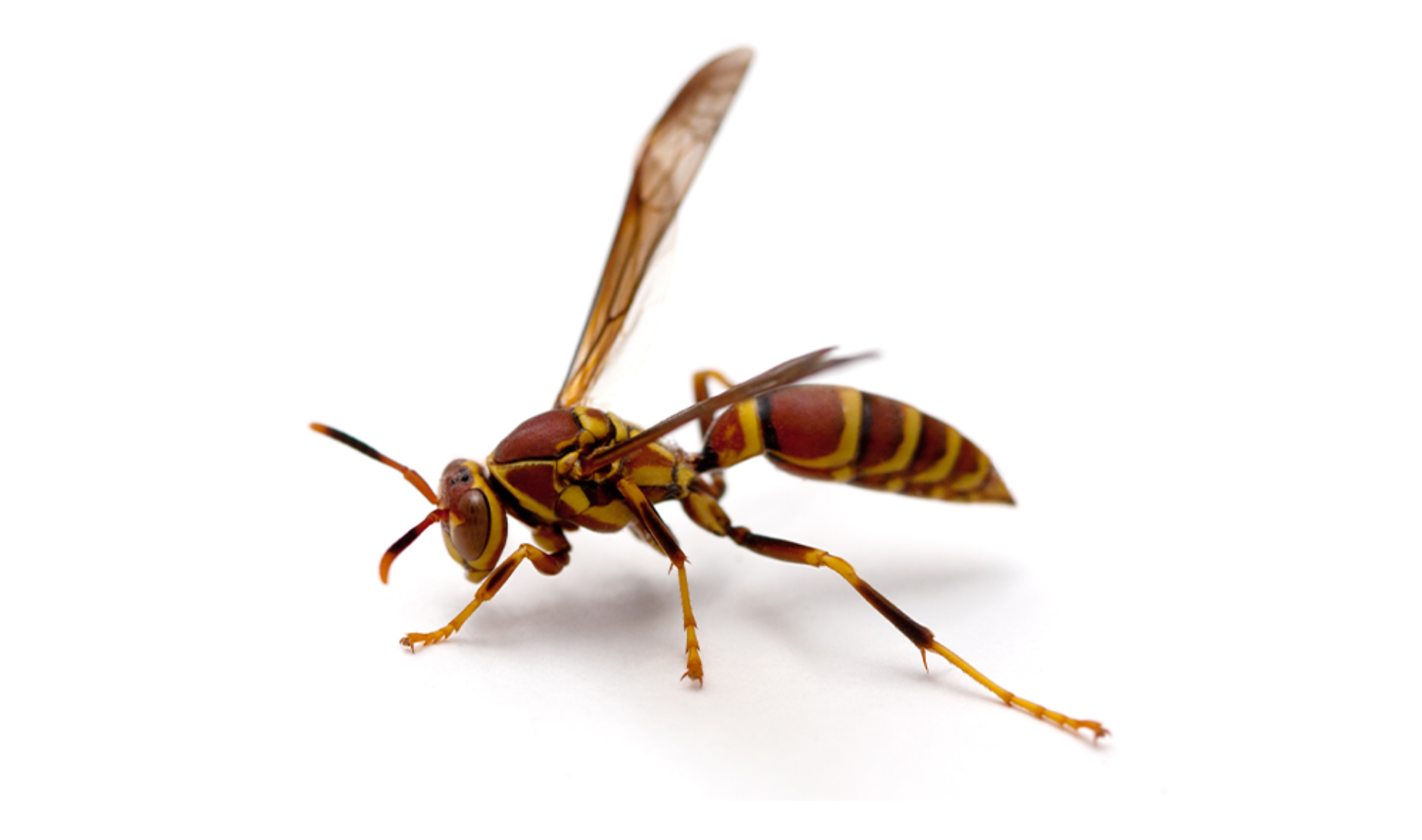FAQs About Controlling Stinging Insects This Summer

As temperatures increase across the United States, so do calls for stinging insects. At Zoëcon, we are committed to providing pest management professionals with both the information and the solutions to tackle these territorial, dangerous insects, from residential to commercial accounts. We created a list of frequently asked questions to help achieve both objectives.
Q: Why is it important to control stinging insects during the summer?
A: Stinging insects like wasps, hornets, and yellow jackets pose significant risks. Their stings can be painful for anyone affected, but are particularly harmful to children and those with allergies. They also tend to swarm when disturbed, increasing the danger. Controlling these insects is essential to help ensure safety in outdoor areas where people are regularly present.
Q: How can I identify the stinging insects around a client’s property?
A: Identification is key to determining how to handle stinging insects. Here are some tips:
- Many bees are beneficial pollinators. They can often be relocated, but professional control might be needed for severe infestations.
- Wasps are generally protective of their nests and can become aggressive. Wasps are slimmer than bees, with yellow and brown or black coloring. Common types include yellow jackets and paper wasps.
- Hornets are also incredibly aggressive. They vary in size and color; bald-faced hornets have white markings on their faces, while European hornets are yellow and black with large black eyes.
Q: Where do wasps and hornets commonly build their nests?
A: Common nesting spots for wasps and hornets include, but are not limited to:
- Undersides of decks and porches
- Awnings and structural overhangs
- Play sets and outdoor furniture
- Under slides and playset decks and roofs
- Abandoned rodent burrows
- Shrubbery and trees
- Under large leaves where nests can shelter
Q: What products can help control wasps and hornets?
A: We offer effective solutions:
- Essentria® Wasp & Hornet Spray: For a green alternative, this spray uses botanically derived active ingredients. It can be used indoors and outdoors to control wasps, hornets, yellow jackets, and spiders.
Q: Where can I find more information about controlling stinging insects?
A: For more tips, product details, labels and literature, visit the official product pages for Zenprox® Wasp-X® 2 Spray and Essentria® Wasp & Hornet Spray or find a representative near you.












